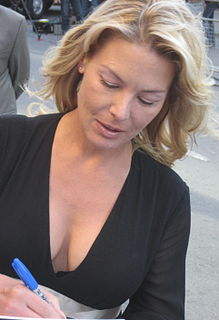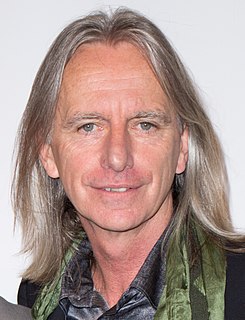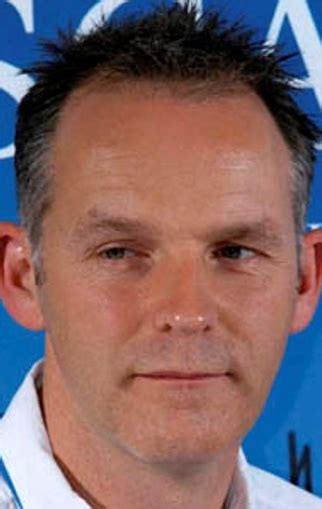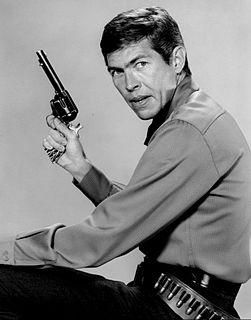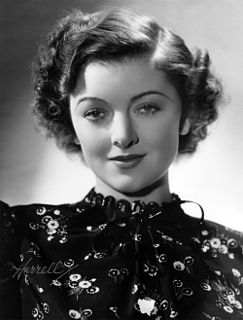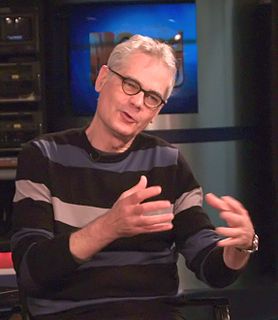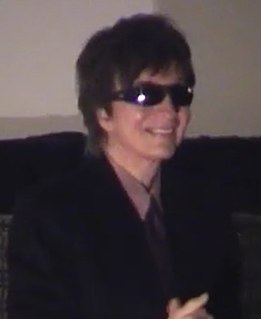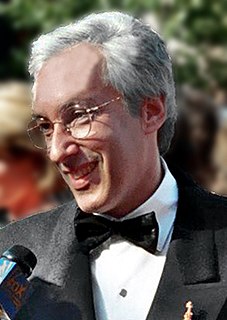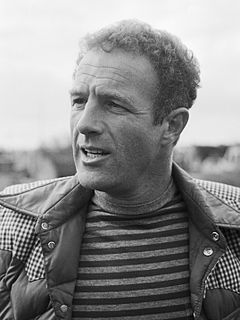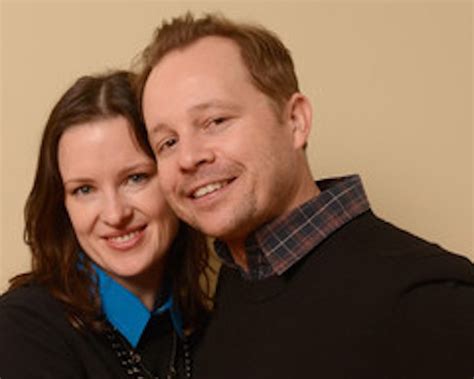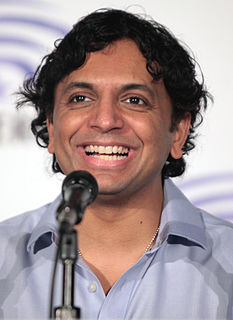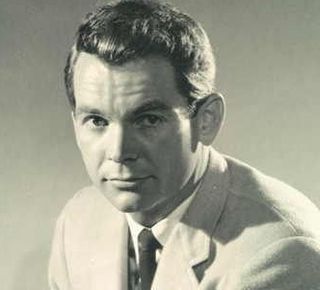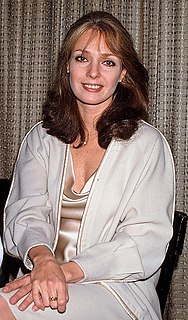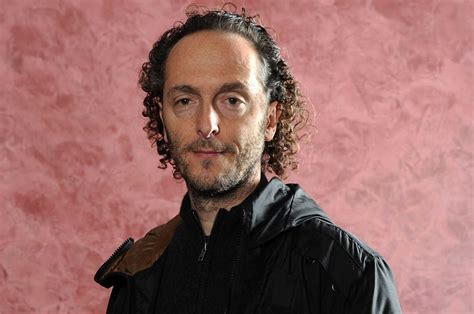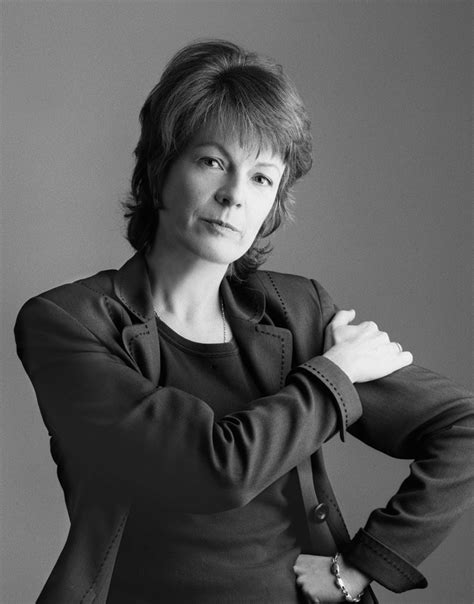Top 42 Cinematographers Quotes & Sayings
Explore popular Cinematographers quotes.
Last updated on April 15, 2025.
I think what inspires me is in a constant state of flux...it's easier to stick to photographers and perhaps cinematographers, though the great medieval, Mannerist, and Baroque painters of Italian, Spanish, Flemish, and German origin are a constant source of inspiration, along with select modernists like Dali.
I think you can make a gorgeous movie on any piece of equipment. Look at 'Tangerine,' which is a beautiful movie shot on an iPhone. You see so many movies that are impeccably shot but are vapid, and there's no audience for that except for other cinematographers who just like to watch two-hour-long music videos.
There are artists or filmmakers or cinematographers who have had long careers who, maybe to reinvent themselves or just to stay in a secure place, layer it on or ham it up, if I can use that expression, or make grand choices that don't feel as authentic as what they did to make us fall in love with them in the first place.
The movies I did before were movies with a lot of characters, a lot of locations, and low budgets, which meant that I was running all over the place and never had the chance to build a relationship with an actor. I was always having big, strong relationships with the cinematographers or editors or production designers, but not with the actors.
I was glamorous because of magicians like George Folsey, James Wong Howe, Oliver Marsh, Ray June, and all those other great cinematographers. I trusted those men and the other experts who made us beautiful. The rest of it I didn't give a damn about. I didn't fuss about my clothes, my lighting, or anything else, but, believe me, some of them did.
In entertainment, the technology began giving us greater choice and easier switching before almost any other area. The studios became much more dependent on the stars, not just star actors and directors but also star technicians, star cinematographers. It's a very important evolution in terms of understanding why people are working the way they're working.
I never look a gift horse in the mouth. And I've been really, really lucky. I'm aware of that. And my career has been given to me by the people I've worked with, no question. The actors, the directors, the cinematographers, the writers, all of whom gave me the opportunity to work in the way that I have and I'm really grateful.
I am a lifelong career artist, which itself is a bit of a miracle. It's really challenging to be a career artist. I would say that the argument for grant funding is not only did my movie do some social good - hopefully it opened people's eyes - but you created a working artist. I'm hiring cinematographers, I'm hiring production designers, I'm hiring producers.
I think all cinematographers, at least most of them, would love to do everything on location because you cannot cheat on location. It's there, it's part of the story usually. You have to deal with the elements. You have the sunshine, you have rain, you have fog - it really makes you work harder to try to match things during the day to make it look like it was shot within five minutes, movie time.
After 50 years in the motion picture business, I'm still learning my trade. This recent shoot of 'Mandie and the Secret Tunnel' was a revelation. The two young directors, Joy Chapman and Owen Smith, represent a group of actors, directors, and cinematographers all over the country that never show up in New York or Hollywood.
I'm completely surrounded, not only my father, but also my three brothers, and Sergio, my husband, all four of them work in film. Some are writers, or directors, or cinematographers, all of them. I'm surrounded by men that make films, so much that at some point I felt there was no more room in the family for another filmmaker.For many years I was only working as novelist or writing screenplays for others to direct.
The emotional, physical and aesthetic value of a sound is linked not only to the causal explanation we attribute to it but also to its own qualities of timbre and texture, to its own personal vibration. So just as directors and cinematographers (even those who will never make abstract films) have everything to gain by refining their knowledge of visual materials and textures, we can similarly benefit from disciplined attention to the inherent qualities of sounds.
